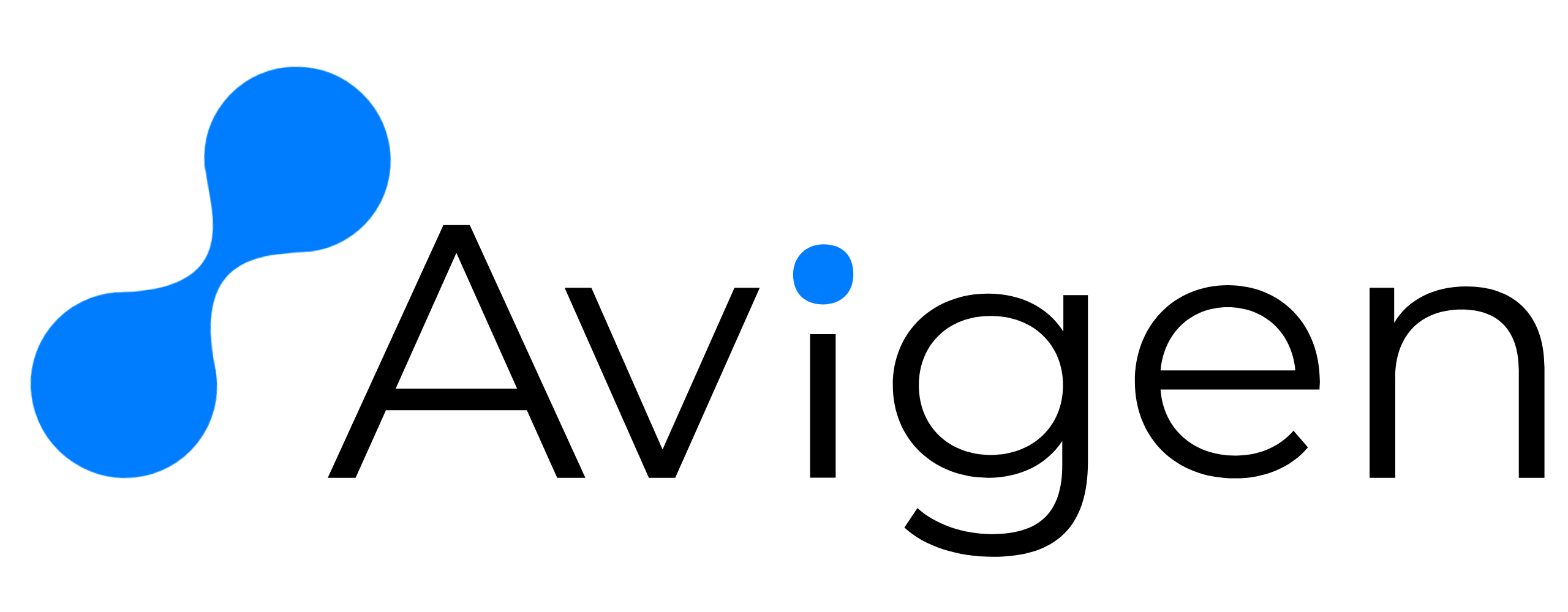

Current immunotherapy development can be very expensive and long – the aim is to find immune cells, known as T-cells, that bind well to target cells, such as cancer cells, but there are millions of combinations to test. Generally, stronger binding results in more effective treatment down the line.
Current methods for identifying potential T-cells to develop into immunotherapies will identify any T-cell that binds to the target, no matter how well it binds, because there aren’t any reliable models to determine binding strength. This often results in a large number of candidate molecules to take forward into development, which increases the cost significantly, but only a few are likely to be optimal.
Avigen’s technology – developed by a team at Imperial led by Dr Sam Au – is a microfluidic device that adheres target cells to a surface, introduces candidate immune cells and applies increasing levels of shear force to cell pairs. This generates a ranking of how well each potential immune cell candidate binds to the target cell; rather than a binary response of bound vs. not bound. This will allow developers of immunotherapies to take forward candidates with higher binding strengths, narrowing down the overall number of potential immune cells, decreasing the cost of development, and providing more confidence in the candidates that developers choose to move into clinical trials.
The CRUK Microfabrication and Prototyping Facility, established by the CRUK Convergence Science Centre, was vital for developing this technology. The facility provides specialist tools, equipment, and expert guidance to CRUK researchers with microfabrication needs.
After receiving funding from multiple sources including the Medical Research Council, Biotechnology and Biological Sciences Research Council, Innovate UK, and SFC Capital, Avigen Ltd. was launched in April 2025. Avigen now offers a service for companies to use their technology to sort potential immune cell candidates according to their binding strength, giving more confidence as to the best candidates to take forward and accelerating immunotherapy development.
Avigen is led by Tobias Gamper, Neelima KC, and Sam Au who have ambitions to scale up and transform their offerings into a product that researchers can buy and use in their own laboratories, allowing more people to use this technology and accelerate research across the field. Visit their website to find out more.